Somalia is located in the Horn of Africa. It is bordered by Ethiopia to the west, Djibouti to the northwest, the Gulf of Aden to the north, the Indian Ocean to the east, and Kenya to the southwest. The capital is Mogadishu. The country was ravaged by a 25-year civil war. During this time, government institutions and agencies ceased to function. International non-governmental organizations (NGOs) and aid agencies provided services to the local farming communities, albeit short-term and non-sustainable interventions. In recent years, there is a new hope to increase maize production and improve the value chains as new business opportunities are emerging which may ultimately lead to restoring peace and prosperity to the country.
Farmers in Somalia obtain low yields resulting in low farm income. The average dry grain yield of local maize varieties is about 1,000 kg/ha. The farmers use local non-improved seed, no fertilizer application, rain-fed farming and no stem borer control. The latter is the major constraint to maize production in all sub-Saharan countries including Somalia. In addition, most soils in Somalia are deficient in nitrogen and phosphorous.
Farmers in the Lower and Middle Shabelle regions of Somalia are reaping the rewards of using quality seed, soil enrichment techniques, and control of stem borers promoted by Somali Agriculture Technology Group (SATG).
Fadumo Nur, a female maize farmer in Balabaley village, Afgoi (about 30 km from Mogadishu, where the new technology was piloted) was trained by SATG prior to using the new method on her land. She told the SATG team, it was very effective. She said: “I own a farm of two hectares. I tested the new technology in my farm during the rainy season of April-June 2014. I used to harvest about seventeen bags (70-kg bags) of dry maize grain from one hectare, but when I applied this technology I harvested 36 bags… I am planning to adopt the technology to all my farm land so as to get more yields in coming seasons.” she added.
Muslimo Mohamed, another female farmer, in Darusalam village, Awdhegle (75 km from Mogadishu) said she was also impressed by the new technology that made a huge difference to the maize yield in her farm. “I had not planted on my farm of four hectares for eight years, but when I heard about the new project, I came back to farming, and tried the new technology in my farm, and I harvested 38 bags (70-kg bags) of dry maize grain per hectare. Previously, I gave up farming as the yields were very little, but I am now encouraged by the new technology, and I am looking forward to its full application,” said Muslimo.
A total of 95 farmers from Afgoi and Awdhegle benefited from the technology during the first season (April-June, 2014), according to Abdulkadir Mohamed Abikar, Head of Agronomy, SATG. He said SATG was focusing on reaching out to more farmers, as the technology had been effective in the farmers’ fields where it was applied. “During the Deyr season (October-December, 2014) and Gu season (April-July, 2014), we demonstrated the technology to new villages. We applied it to over 2500 more farms in Awdigle, Afgoye, and Balad town,” said Abikar. These sites are within 80 km radius to Mogadishu.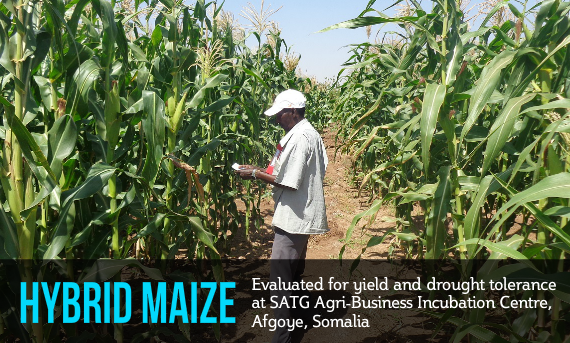
Cost benefit analysis conducted in Afgoi and Awdhegle revealed that farmers can make a profit of up to US$300/ha using improved technology such as proper land preparation, improved seed, and inputs such as Diammonium phosphate fertilizer and urea and insecticide “Buldock” for stem borer control. This is a good reflection on the sustainability of adapting the new technology for small-scale farmers. Further reduction on the production cost can be achieved by reducing labor costs through the introduction of efficient planting, input application and weeding technologies.
SATG is a registered non-profit association of Somali professionals and friends dedicated to assisting in the re-construction of Somalia. Its activities in Somalia include testing and transfer of new technologies in crop and livestock sectors to small-scale rural farming communities, commercial farmers and all stakeholders related to agricultural production and marketing. SATG seeks to improve the health and quality of life of children, youth, men and women across all communities in Somalia.
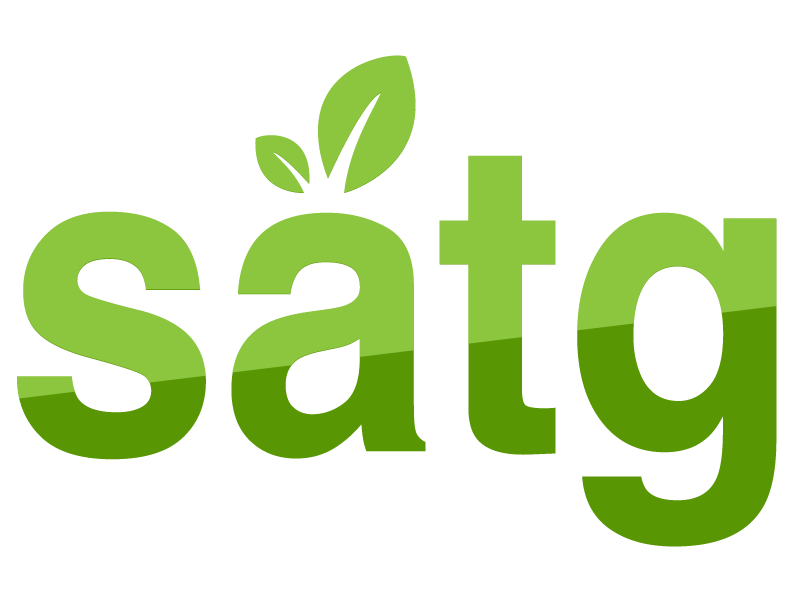
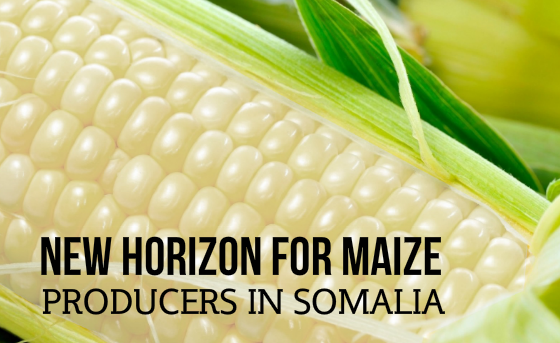
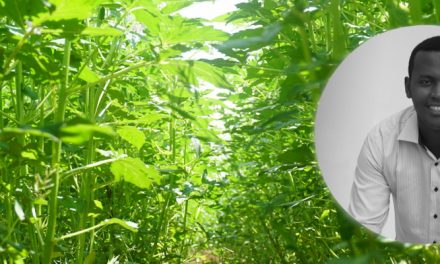
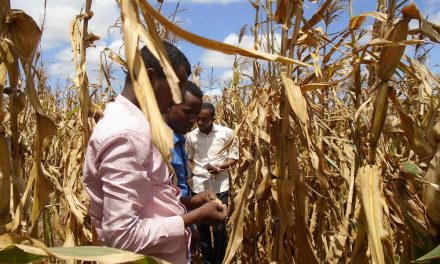
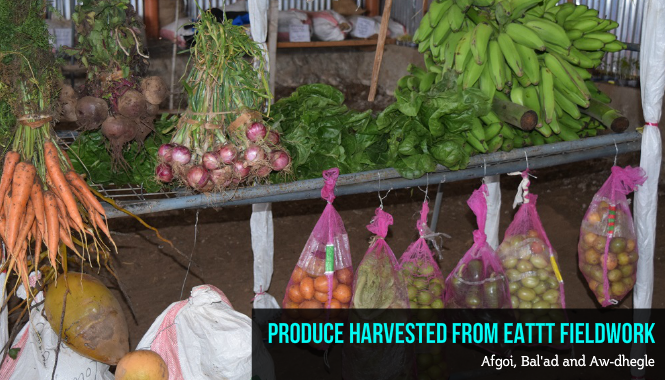

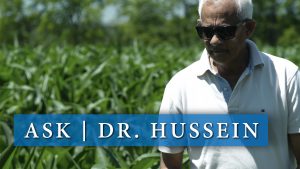
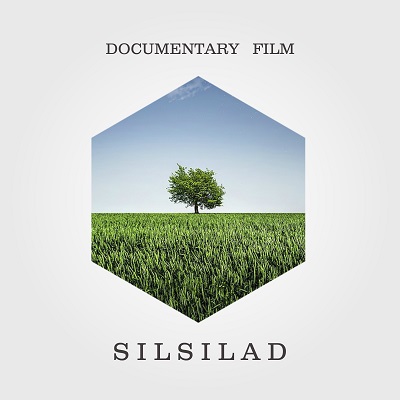

I was one of students or trainees who being participated SATG trains in AFGOE. Realy I got allot of Experience and Knowledge. I really Appreciating professor who Trained us tirelesness in helping More & more… SATG team are Boosters and Yield Makers… farmers are beneficiaries 7